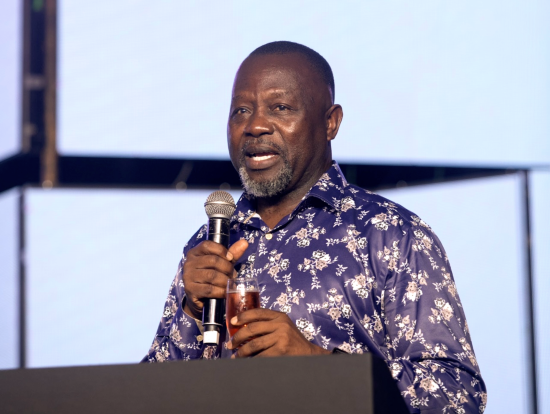Ghana’s legal education system is poised for a significant overhaul aimed at standardizing the quality of legal training and ensuring equitable access for aspiring lawyers across the country. Attorney General and Minister of Justice, Dr. Dominic Ayini, announced the initiative during the Ghana Bar Association’s (GBA) Annual General Conference in Wa. Central to this reform is the introduction of a mandatory one-year practical law course for all Bachelor of Laws graduates from accredited universities. This specialized program will focus on honing practical skills essential for legal practice, including civil and criminal procedure, advocacy, legal ethics, and the law of evidence. The move is intended to address the growing disparities in the quality of legal education arising from the rapid expansion of law programs in Ghana. This expansion, while increasing opportunities, has also led to inconsistencies in training standards, limited mentorship opportunities, and challenges in securing practical experience for new graduates. The proposed reforms aim to bridge these gaps and ensure a consistent standard of legal proficiency across the country.
The planned one-year law practice course is expected to equip graduates with the skills and knowledge necessary for effective legal practice. By emphasizing practical subjects, the course will move beyond theoretical legal principles and focus on their application in real-world scenarios. This includes training in court procedures, legal drafting, client interaction, and ethical considerations. The standardization introduced by this program is expected to elevate the overall quality of legal professionals in Ghana and enhance the public’s confidence in the legal system. It will also create a level playing field for graduates from different universities, ensuring that all aspiring lawyers have access to the same high-quality practical training.
Beyond the practical training component, the proposed legal education reforms also seek to address the challenges of mentorship and practical experience. The Attorney General highlighted the need for stronger mentorship programs that connect experienced legal professionals with recent graduates. These programs would provide guidance, support, and practical insights into the legal profession, helping new entrants navigate the challenges and opportunities of their careers. Furthermore, the reforms aim to create more opportunities for practical legal experience, potentially through internships and clerkships, allowing graduates to apply their knowledge in real-world settings and develop the skills necessary for successful legal practice.
During the conference, Dr. Ayini also addressed the GBA’s concerns regarding the removal process of former Chief Justice Gertrude Araba Sackey Esaaba Torkornoo. He criticized the Bar’s perceived inconsistency in voicing concerns over such processes, citing previous instances involving petitions against the Chairperson of the Commission on Human Rights and Administrative Justice in 2015 and the Chairperson of the Electoral Commission in 2017, where the GBA remained silent. Dr. Ayini questioned the Bar’s focus on Justice Torkornoo’s case, suggesting a lack of adherence to principle in their selective criticism. This exchange highlights the ongoing dialogue between the government and the legal profession regarding judicial processes and accountability.
Meanwhile, Barbara Mills, President of the Bar Council of England and Wales, emphasized the judiciary’s critical role in upholding constitutional democracy. She underscored the judiciary’s responsibility to interpret the constitution, protect human rights and civil liberties, ensure the integrity of elections, and provide access to justice for all, especially marginalized groups. Ms. Mills stressed the importance of judicial independence and impartiality, emphasizing that perceptions of bias or politicization erode public trust in the courts. This observation resonates with global concerns about maintaining judicial independence and highlights the crucial role of an impartial judiciary in guaranteeing a fair and just legal system.
In conclusion, the proposed reforms to Ghana’s legal education system represent a significant step towards enhancing the quality and accessibility of legal training. The introduction of a mandatory one-year practical law course, coupled with enhanced mentorship programs and greater opportunities for practical experience, aims to create a more standardized and effective legal education system. This, in turn, will produce more competent and well-rounded legal professionals who are better equipped to serve the needs of the Ghanaian public. The dialogue between the government and the GBA, as evidenced by the discussion regarding judicial removal processes, emphasizes the ongoing efforts to refine and strengthen Ghana’s legal and judicial systems. The focus on judicial independence and impartiality, highlighted by the President of the Bar Council of England and Wales, underscores the global importance of maintaining a fair and unbiased judiciary to uphold the principles of justice and democracy.














